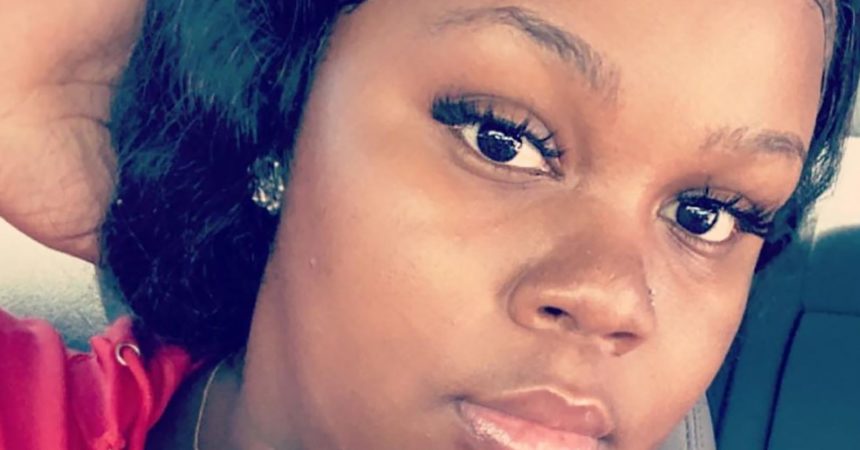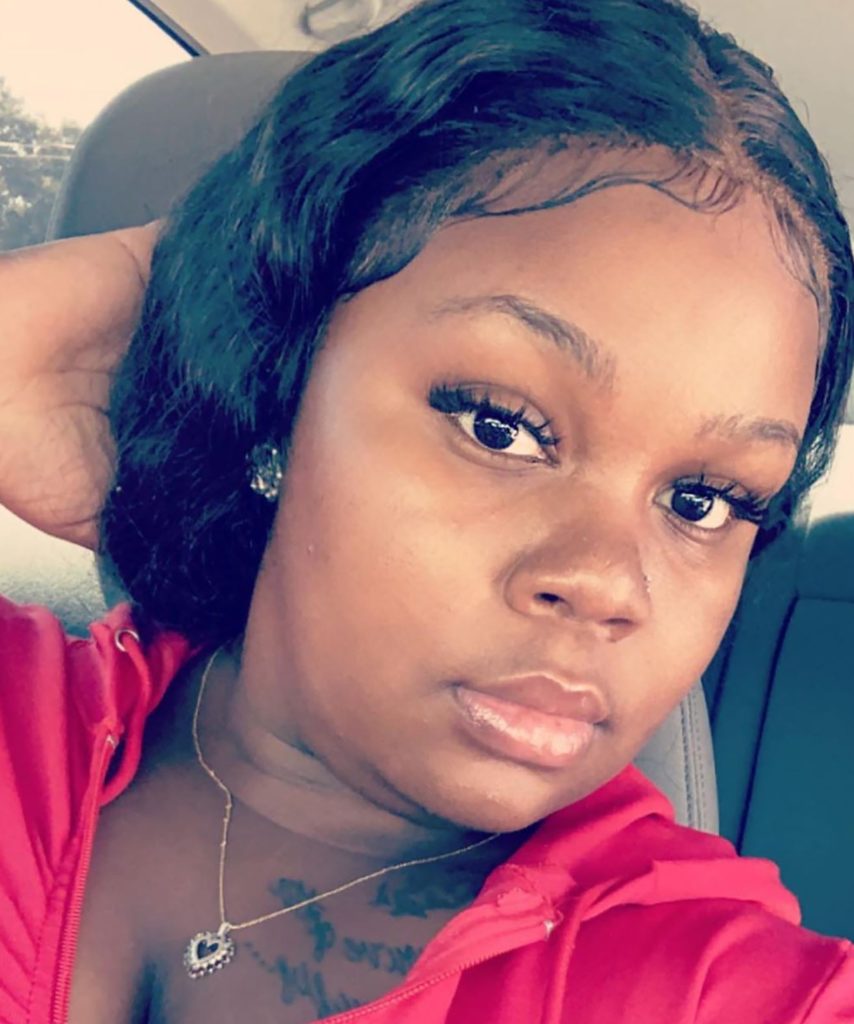
Kentucky grand jury decision brings no justice in Breonna Taylor’s death; instead it echoes Black America’s past, present struggle for civil rights
By Aliyah Thompson
TriceEdneyWire.com
After 194 days since the death of 26-year-old emergency room technician Breonna Taylor, her family and Black Lives Matter protesters demanding justice were met with a response from the Kentucky grand jury. Brett Hankison, one of the three police officers involved in Taylor’s death, was indicted with three counts of wanton endangerment in the first degree.
However, this indictment stemmed from a civil lawsuit filed by Taylor’s next door neighbors, who had bullets from Hankison’s gun enter their apartment. Hankison was not indicted with any charges in direct relation to Taylor’s death itself.
The other two police officers whose bullets ultimately resulted in Taylor’s death — Sergeant Jonathan Mattingly and Detective Myles Cosgrove — were not indicted. Attorney General Daniel Cameron’s investigation concluded that their actions were justified self-defense in response to an initial shot from Kenneth Walker III, Taylor’s boyfriend, despite the ability to use castle doctrine in Kentucky.
According to civil rights lawyer, activist and visiting law professor at the University of Louisville, Daniel Canon, castle doctrine has historically had no legs to stand on concerning encounters with police officers in a civilian’s home. If a civilian draws or fires a weapon on a police officer — whether the civilian knows the person intruding is a police officer or not — “nine times out of 10,” the encounter will end in the civilian’s death, “especially [if they’re] a person of color.” However, because Walker exited the encounter alive, his case may have the potential to change the tide.
“[If] there’s a judge that says, ‘Since he didn’t know they were police officers, then there can be civil liability here or we can let a jury decide,’” Canon said. “And I don’t see how the judge can say, ‘I’m not going to bounce this case out right away.’ If something like that happened in the western district of Kentucky or in a Kentucky state court, it would represent a dramatic sea change from the way that any kind of jurist view that I’m aware of has gone for [about] the last 50 years.”

However, according to Canon both federal and state prosecutors are allowed a significant amount of leeway when it comes to deciding which cases they will and will not bring to the courts. Additionally, the culture within American society that allows for police officers to face little but more often than not no punishment whenever they carry out actions most civilians would be prosecuted for makes the odds of a conviction fitting of the crime slimmer. And that is if the case is even taken to court.
“The foundations that we have laid in this country to excuse violence including murder when it’s carried out by police officers against civilians are so deep that it’s hard for me to even imagine a way that we can unearth those foundations without wiping out the whole structure and starting all over again,” Canon said. “What I mean by that is, when you hear activists talk about defunding the police, or even abolishing police, it’s not to say that there’s not going to be any law enforcement at all in the United States. It’s that we need to start all over and rethink our entire approach to how we’re doing law enforcement because the police culture in this country is more than just a few bad apples. I mean it’s entirely rotten, from the inside out. [The] United States Congress and other federal officials are willing to write them whatever blank check they want. We’ve been doing that for so long, that you now have a cop culture that pretty much perceives that it can do whatever it wants and anytime that anyone pushes back on it, it’s like an affront to law and order.”
Following the announcement of the grand jury’s decision, protesters in Louisville, New York, Washington, D.C. and other major cities across the nation took to the streets to give voice to their range of emotions in response. Organizations such as the National Bar Association and the NAACP released statements expressing frustration and disappointment with the results of the state’s investigation.
The National Bar Association, the oldest and largest organization connecting mostly African-American attorneys and judges across the nation expressed in a press release that while they urge people of color to not lose all trust in the justice system, “when headline after headline consistently supports the theory we so desperately want to disprove, it’s beginning to become more and more difficult to make the case that Black lives matter to anyone but us.”
University of Kentucky senior Marquita Richardson, shares a similar sentiment. Richardson, who is studying vocal performance, has not yet joined protests following the grand jury’s decision but she did participate in protests this past summer at the height of the pandemic for several southern states.
“There was so much outrage over the injustice that was being dealt to many Americans, many Black men and women at the hands of the police,” Richardson said. “I knew that I wanted to lend my voice to the protests, to the outrage. So I kind of had to overcome my general anxiety about the pandemic. … It was cathartic and reassuring to be among other people who felt the same way.”
The grand jury’s decision was “unsurprising and disappointing at the same time,” to Richardson. But more than that, it was a corroboration of a grim reality Black Americans grapple with on a daily basis.
“It’s infuriating and antagonizing,” Richardson said. “There are so many people who know that this cannot stand, that this is not justice. That the lack of value of human life does not support the kind of America that everybody wants to salute to. … I feel less safe now than I did six months ago. Not that our country was any different then, but it’s only been confirmed now through these cases that my life is of no or very little value to my country.”
As far as the federal investigation being conducted by the Department of Justice through the FBI, Richardson is glad they have decided to look into Taylor’s case but her hopes are not high due to the conflicting details she heard in the initial reports compared to what the state investigation found and the tendencies she has seen within the justice system of favoring police in its rulings. However, she does hope that the federal investigation will bring about some change.
“I hope they investigate the tactics that were used and that the Department of Justice lays a framework that prevents these kinds of things from happening again,” Richardson said. “I hope they steer the police department closer to behaving more justly. … The us versus them culture they have created is literally killing us and dividing our country not just on politics, but the way we see each other as human beings. I have very little hope that America can come back from this.
“Now that I think about it, this is what America has always been. It’s just an echo of what it’s always been. We’re going to have to uproot all of the systems in order to be a place that is actually free. That upholds the dream that all men are created equal.”







